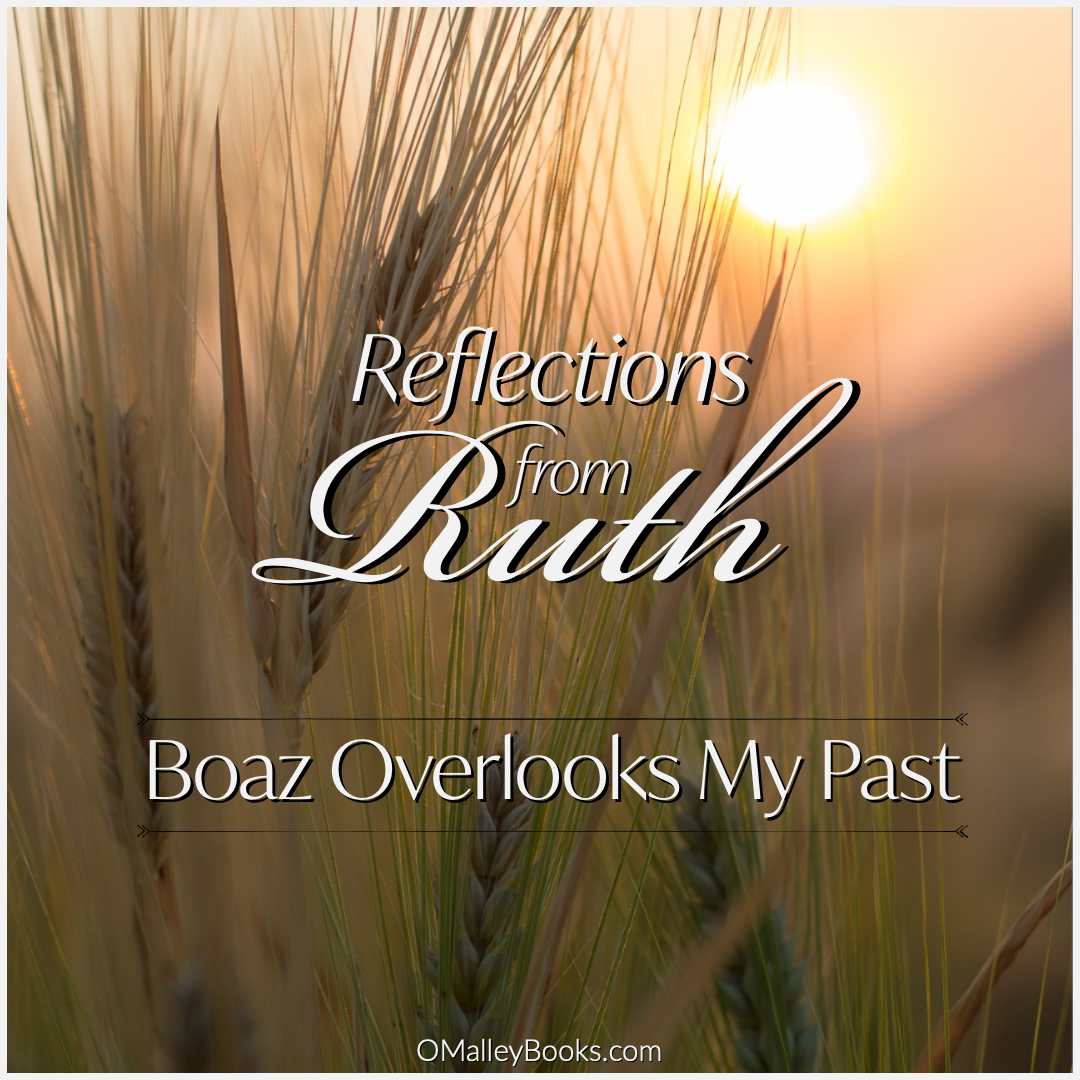by John O’Malley
“Then she fell on her face, and bowed herself to the ground, and said unto him, Why have I found grace in thine eyes, that thou shouldest take knowledge of me, seeing I am a stranger?” (Ruth 2:10).
Ruth struggled as she reconciled her unworthiness in being a recipient of Boaz’s grace. Ruth’s deportment and disposition indicated this to Boaz and to any onlooker. Boaz had spoken so tenderly to her. She felt overwhelmed with a myriad of emotions. She wilted to the ground in humility. She had found grace in Boaz’s eyes. The inexplicable mystery in receiving Boaz’s grace left her baffled.
The unresolved matter in her heart was the core issue of her Moabite birth. The very point possessed her heart. It is quite evident in her statement when she confessed, “I am a stranger.” Blushing shame and broken sorrow punctuated her statement to Boaz.
Ruth’s perception of being a stranger seemed to have distressed her more than it did Boaz. Ruth seemed to be heavily influenced by her identity with Moab and her widowhood. Boaz focused more on her heart’s confession en route to Israel, her heart’s conversion to Jehovah, and her heart’s compassion toward Naomi, his relative.
“I am a stranger,” Ruth reminded Boaz. Yes, Ruth’s heritage made her a stranger; but her confession made her family to Boaz. Ruth’s homeland made her a stranger, but her conversion made her family to Boaz. Ruth’s hurts made her a stranger, but her compassion for Naomi made her family to Boaz. Boaz would see that Ruth would not be a stranger in Bethlehem-judah nor his fields.
In this world we are pilgrims and strangers; but in the family of God, no one should be a stranger. Consider what happens in our churches. Many unsaved guests come to our services while we never attempt to make them feel welcome and wanted. There are also occasions in our churches where unresolved conflicts with a fellow believer extend for years, and we treat that fellow believer as a stranger.
Let us take Boaz’s approach with sinners and believers alike and make sure no one is treated as a stranger. Perhaps today you feel estranged from the family of God. If a brother has offended you, go to them; seek reconciliation and pursue the path of restoration with them today.





















